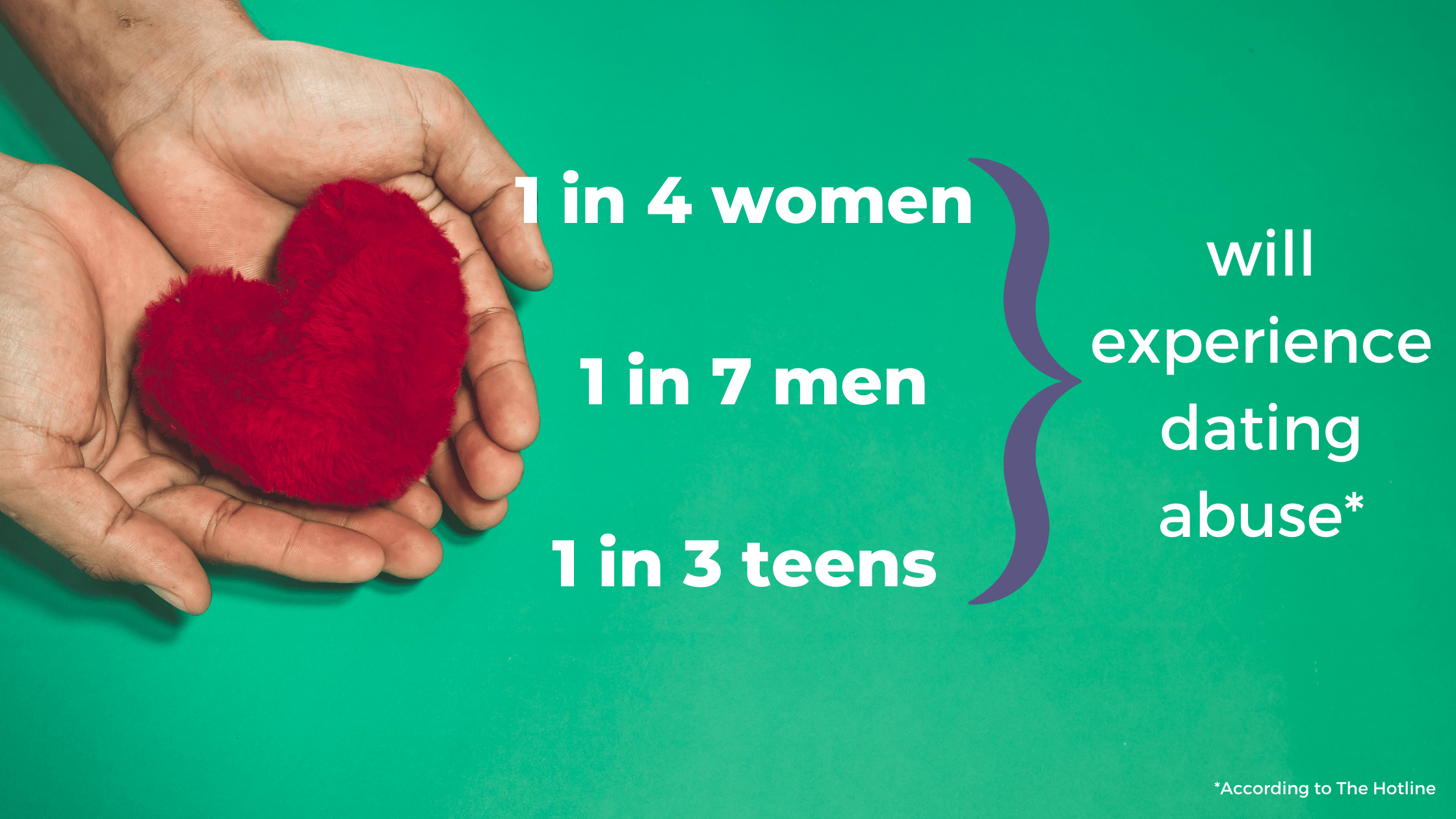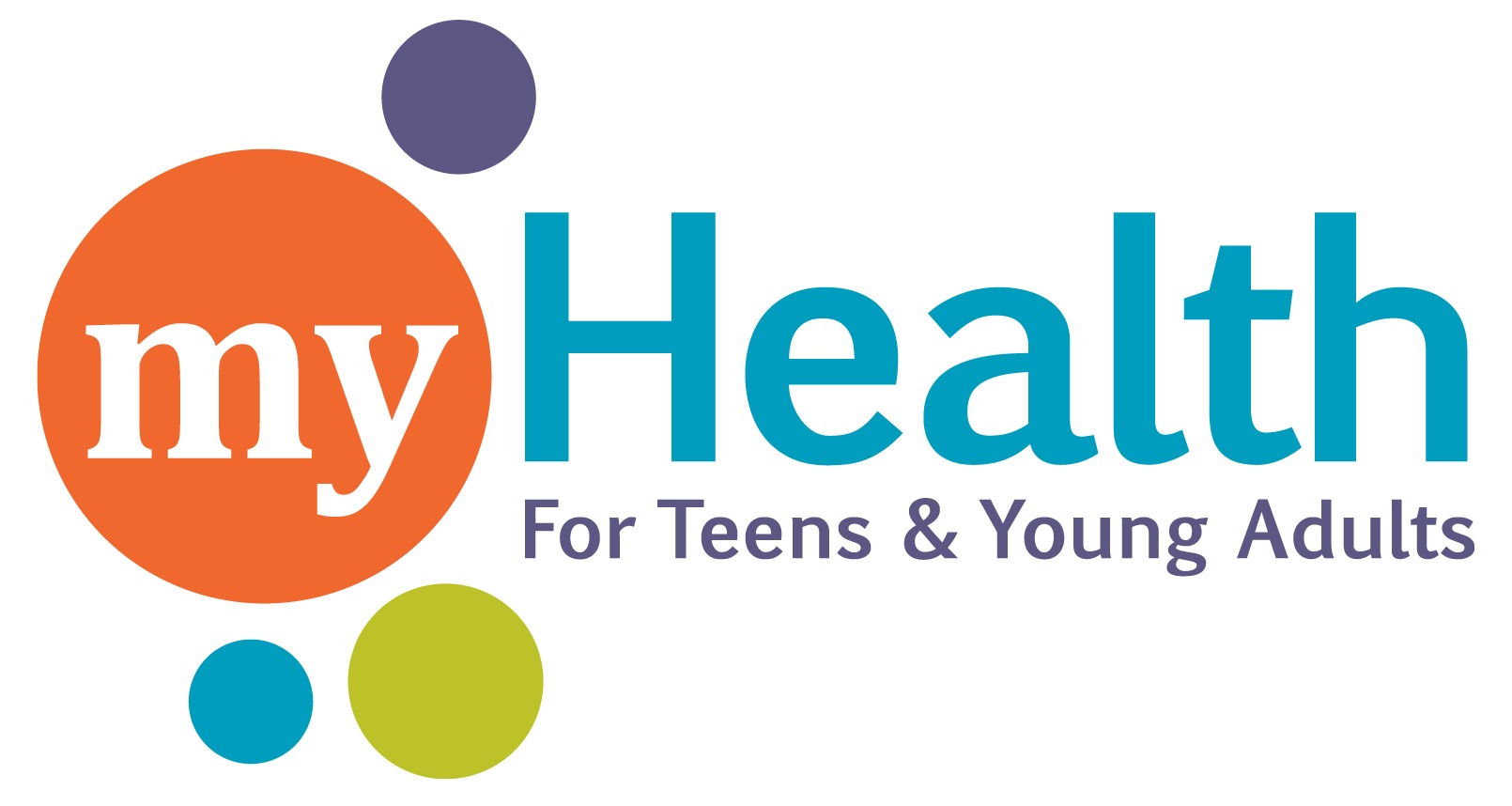
During the month of February, advertisements for heart shaped jewelry, oversized teddy bears, and chocolates flood the media. For some Valentine’s Day is a special time to spend with a partner, for others an annoying reminder of our society’s heteronormative tendencies. However you celebrate (or don’t), it can be a good time to reflect on the relationships in your life, and not just the romantic ones.
For many, this year created a lot of challenges in staying connected. Whether it was spending too much time together with family at home or going months without seeing friends in person, our relationships have been tested in many ways. Let Valentine’s Day serve as a reminder of the importance of staying connected and how crucial healthy relationships are to our wellbeing. A healthy relationship, whether romantic, family or friendship isn’t about getting everything perfect, having all the same interests, or seeing each other every day. It’s about feeling connected and supported; being loved and appreciated for who you are. It also does not mean there is never conflict but rather when conflict happens, it’s handled with mutual respect and understanding. It’s not about winning an argument or tearing the other down, it’s about listening, balance, and building each other up.
Unfortunately, many folks, especially young people, find themselves dealing with unhealthy relationships. The Hotline, a national organization that provides support to victims of domestic violence, reports as many as 1 in 4 women, 1 in 7 men and 1 in 3 teens will experience dating abuse. What does an unhealthy relationship look like? That is a tough question to answer. Maybe a partner or friend never considers your needs or feelings. Maybe the relationship feels like all the work is left up to you. Maybe your partner threatens you but tries to play if off as a joke. According to LoveisRespect “All relationships exist on a spectrum from healthy to abusive, with unhealthy relationships somewhere in the middle.”
A lot of the young people we work with come to the realization their relationships may not be a healthy as they thought. This can be really confusing and scary, but a person doesn’t have to navigate an unhealthy relationship alone. There are a lot of amazing resources that can help a person navigate relationships, break ups, and creating a safety plan. It can also be helpful to lean on other supportive people in someone’s life like a friend, family member, or trusted adult. If you are in an unhealthy relationship and need support, please check out the resources below:
Sexual Violence Center (local)
Cornerstone (local)
Want myHealth to talk about healthy relationships in your classroom, organization or other community group? Reach out to our Community Education Manager, Gabby Fitzgerald, to learn more: GabbyF@myhealthmn.org.
